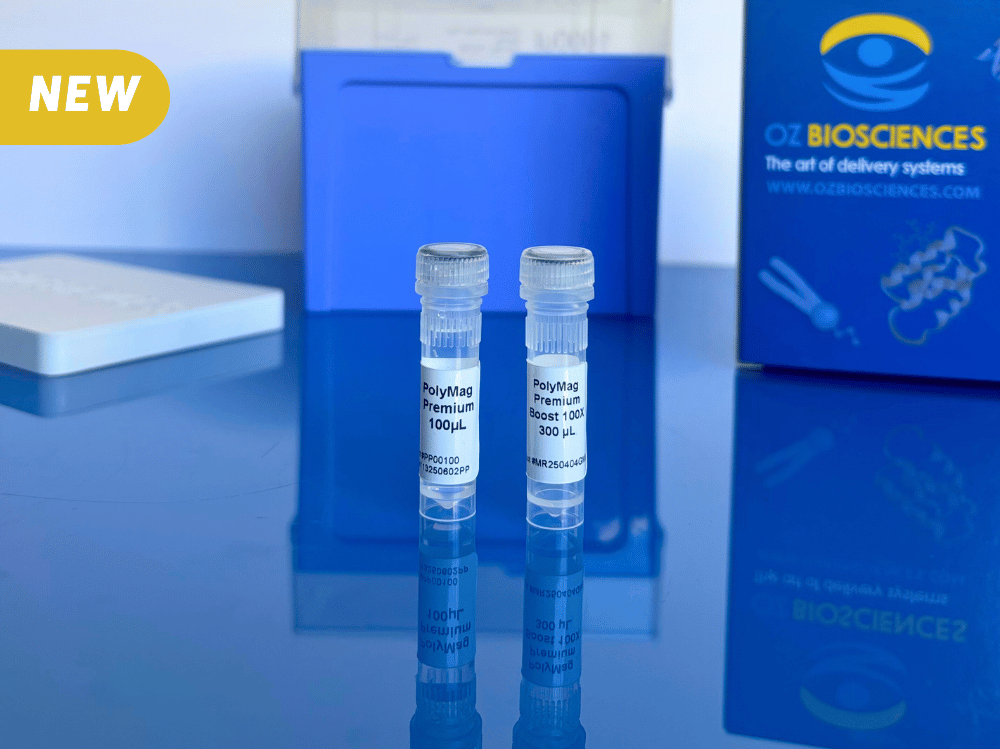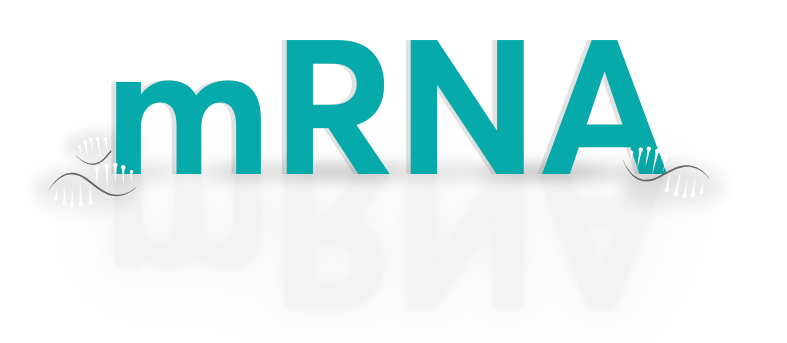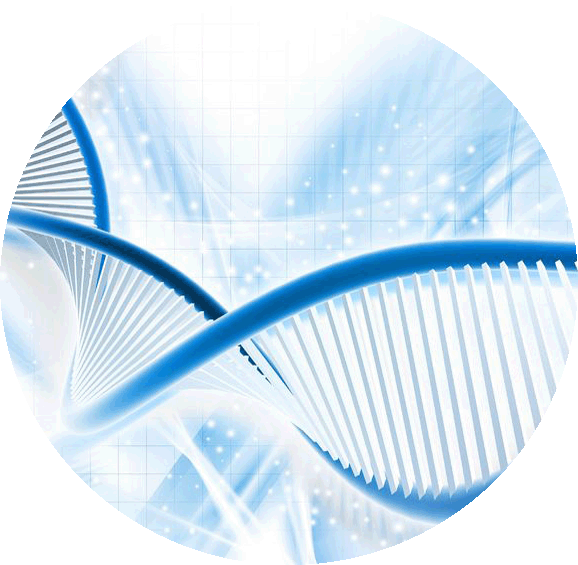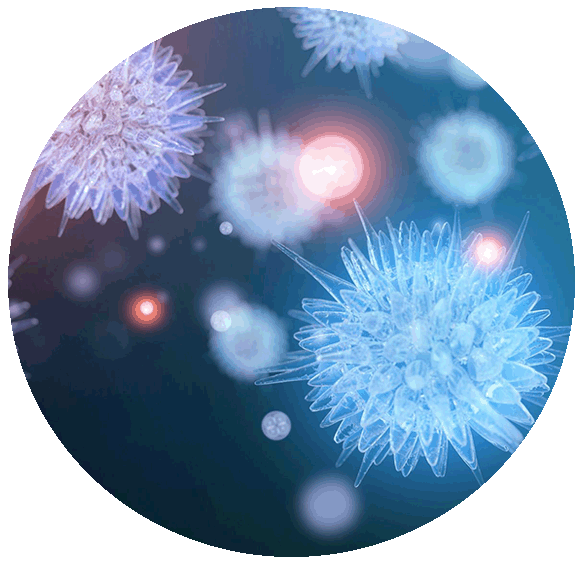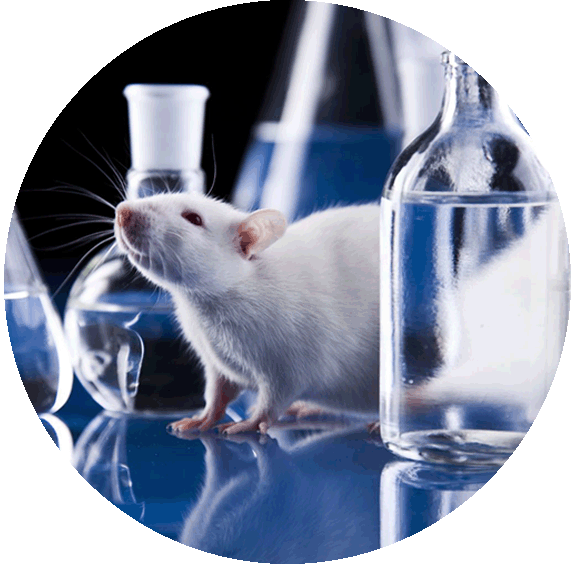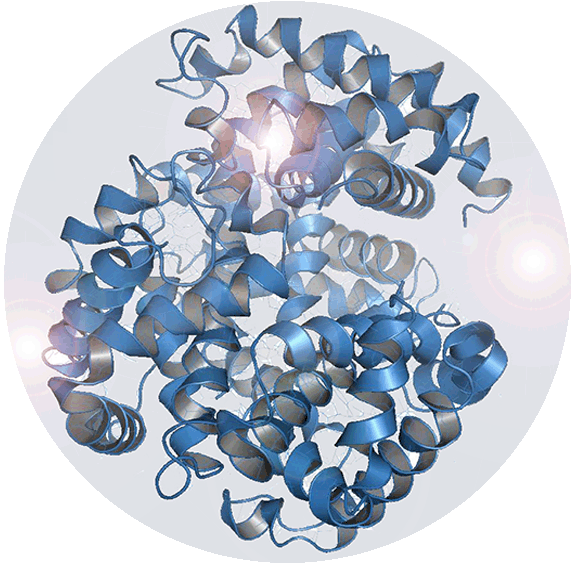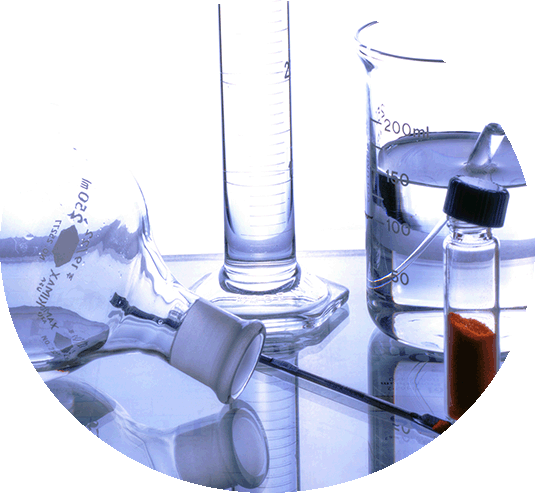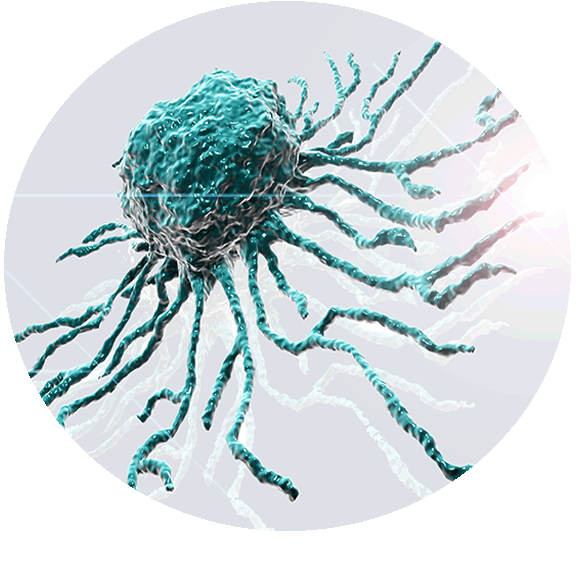FAQ & Transfection Tips > Vaccine Adjuvants
Summary:
1. What are the advantages of using vaccine adjuvants?
2. Are vaccine adjuvants safe?
3. What are the advantages of using adjuvants for protein-based vaccines?
4. How do adjuvants work for protein-based vaccines?
5. What are the benefits of using adjuvants for mRNA and DNA-based vaccines?
 1. What are the advantages of using vaccine adjuvants?
1. What are the advantages of using vaccine adjuvants?
The use of vaccine adjuvants has several advantages:
- Enhancement of immunogenicity: Vaccine adjuvants stimulate and amplify the body's immune response to the antigen present in the vaccine. They act by triggering various immune pathways, including the activation of antigen-presenting cells (APCs) and the production of inflammatory cytokines. They thereby promote increased antibody production and T-cell response, thus enhancing the overall efficacy of the vaccine.
- Reduction of antigen dose: By amplifying the immune response, adjuvants enable the reduction of the amount of antigen required in the vaccine while maintaining high efficacy. This helps to reduce production costs, increase vaccine availability, and potentially decrease adverse reactions associated with higher doses of antigen (exacerbated immune or inflammatory reactions).
- Enhancement of immune response durability: Some adjuvants can contribute to prolonging the duration of the immune response, which may lead to long-term protection against the disease. This can be induced by an effect of depot or sustained release, but also, some adjuvants not only enhance the initial immune response but also promote robust immune memory. This means that the immune system retains a "memory" of the antigen and is capable of activating a rapid and strong response upon future exposure to the pathogen, thereby providing long-term protection against the disease.
- Possibility of reducing the number of doses required: The increased efficacy of vaccines containing adjuvants can potentially reduce the number of doses needed to achieve adequate protection. For example, a vaccine with an adjuvant may require two doses instead of three to induce a protective immune response. This can be particularly beneficial in situations where access to healthcare is limited or during mass vaccination campaigns.
- Enhanced immune response in certain population groups: Adjuvants can help overcome weakened immune responses observed in certain population groups, such as the elderly or infants. These groups may have less responsive immune systems, making it more difficult to induce an adequate immune response with traditional vaccines. Adjuvants can help overcome this limitation by more effectively stimulating the immune system, leading to better protection in these vulnerable populations.
By combining these advantages, the use of vaccine adjuvants can play a crucial role in improving the effectiveness, availability, and relevance of vaccines in the prevention and control of infectious diseases.
 2. Are vaccine adjuvants safe?
2. Are vaccine adjuvants safe?
In general, vaccine adjuvants are substances added to vaccines to enhance the immune response. They are carefully evaluated before being used in vaccines to ensure their safety and efficacy when used according to approved recommendations and doses.
However, as with any medication or product intended for in vivo research, it is important to continually monitor potential side effects and conduct studies to assess their long-term safety. Health authorities and regulatory bodies ensure that vaccines and their adjuvants are continuously evaluated to ensure their safety and effectiveness.
Regarding the adjuvants we develop, it is crucial to emphasize that they are intended solely for research purposes. We have developed adjuvants for protein-based or nucleic acid-based vaccines (mRNA, DNA).
For example, aluminum hydroxide is the most commonly used adjuvant in approved prophylactic vaccines due to its excellent safety profile and its ability to enhance protective humoral immune response. For over 80 years, aluminum compounds have been observed to act through a depot effect and also by directly activating immune cells. The adsorption or trapping of antigens into aggregates via hydrophobic and electrostatic interactions promotes a high local concentration of antigens and better uptake by antigen-presenting cells (APCs). It is considered safe when used in recommended doses, but as mentioned above, adverse effects may occur after its use.
Similarly, the adjuvant PolyVax-CPO (Cationic Polymer-based) is a cationic polymer that associates with nucleic acids (DNA & RNA) to form an effective nanoparticle for delivering genetic material (NanoParticle Delivery – NPD – system). NPDs are non-viral gene delivery systems that self-assemble into positively charged and negatively charged polymers, which function as vaccine adjuvants. While their safety in terms of toxicity is well-established, it is recommended to adhere to prescribed doses and monitor potential side effects. Since this technology is relatively new, these adjuvants do not have the same number of studies as aluminum hydroxide.
In summary, vaccine adjuvants are generally considered safe, but they require continuous monitoring to ensure their long-term safety.
See our vaccine adjuvants products
 3. What are the advantages of using adjuvants for protein-based vaccines?
3. What are the advantages of using adjuvants for protein-based vaccines?
- Enhancement of protein immunogenicity: Adjuvants can improve the immunogenicity of protein vaccines by stimulating the immune system. For example, studies have shown that the use of adjuvants such as aluminum, oil-in-water emulsions, or certain pathogen-associated molecular patterns (PAMPs) can increase the immune response to protein vaccines by promoting a more efficient activation of antigen-presenting cells and increasing the production of specific antibodies.
- Reduction of required protein dose: Adjuvants can reduce the amount of protein needed in the vaccine while still maintaining an adequate immune response. For example, studies on protein-based influenza vaccines have shown that adding adjuvants can decrease the required antigen dose while improving vaccine efficacy.
- Stimulation of cellular immune response: Some adjuvants can promote the stimulation of T lymphocytes, in addition to antibody production. For instance, adjuvants containing PAMPs can activate intracellular signaling pathways and enhance antigen presentation to T lymphocytes, which is crucial for comprehensive immune protection against certain pathogens, such as viruses.
- Induction of robust immune memory: Adjuvants can contribute to durable immune memory, ensuring long-term protection against disease. For example, studies have shown that the addition of adjuvants can increase the persistence of antibodies and memory cells after vaccination, ensuring continuous protection against the pathogen over time.
- Enhanced immune response in vulnerable populations: Adjuvants can help overcome weakened immune responses observed in certain population groups. For example, studies have shown that the use of adjuvants can improve the immunogenicity of vaccines in elderly individuals, whose immune response may be diminished. Similarly, adjuvants can enhance vaccine effectiveness in infants, whose immune systems are still developing.
By combining these various mechanisms, the use of adjuvants in protein-based vaccines can enhance their effectiveness and relevance in the prevention and control of infectious diseases, particularly in vulnerable populations.
-------------------------------------------------------------------------------------------
- Zhao T et al. Signal Transduct Target Ther. 2023 Jul 19;8(1):283.
- Suschak JJ et al. Hum Vaccin Immunother. 2017 Dec 2;13(12):2837-2848.
- Hou Y et al. Acta Pharm Sin B. 2023 Aug;13(8):3321-3338.
- Coffman RL et al. Immunity. 2010 Oct 29;33(4):492-503
- Galli G et al. Proc Natl Acad Sci U S A. 2009 Mar 10;106(10):3877-82.
- Huang Z. et al. Heliyon. 2024 Jan 12;10(3):e24662.
 4. How do adjuvants work for protein-based vaccines?
4. How do adjuvants work for protein-based vaccines?
- Stimulation of immune cells: The use of adjuvants enhances the immune response of the vaccine by prolonging the vaccine response at the injection site (depot effect) or by activating local immune cells. Thus, delivery systems facilitate antigen presentation by (1) prolonging the availability of loaded antigens and (2) targeting antigens to lymph nodes or antigen-presenting cells (APCs). Adjuvants can activate APCs, such as macrophages and dendritic cells, by binding to specific receptors on their surface. This activation stimulates APCs to take up and present the antigen to T and B lymphocytes, thereby triggering an adaptive immune response.
- Activation of innate immunity and intracellular signaling pathways: Adjuvants help activate innate immunity, which is the body's first line of defense against infections and is necessary to trigger an effective adaptive immune response. Adjuvants can generally be classified into two categories: immunostimulants and delivery systems. Immunostimulants are danger signal molecules that lead to the maturation and activation of antigen-presenting cells (APCs) by targeting Toll-like receptors (TLRs) and other pattern recognition receptors (PRRs). This activation results in a cascade of intracellular reactions, including activation of pro-inflammatory genes, which enhances the immune response. Delivery systems are vectors that facilitate antigen presentation. They play a crucial role in the function of adjuvants by prolonging the availability of loaded antigens and targeting antigens to lymph nodes or immune cells. Briefly, we can mention:
- Liposomes: Small spherical vesicles composed of one or more lipid bilayers that can encapsulate hydrophilic antigens in their internal aqueous compartment and lipophilic antigens in their lipid bilayer. They can also be modified to specifically target certain immune cells.
- Virus-Like Particles (VLPs): These are assemblies of viral proteins that mimic the structure of viruses without containing genetic material, making them non-infectious.
- Emulsion-based adjuvants: They consist of oil droplets dispersed in water. They can be used to solubilize and present lipophilic antigens to the immune system.
- Nanoparticles: With varied molecular bases (proteins, polysaccharides, lipids, etc.), they can be designed to effectively present antigens to immune cells.
- Activation of pro-inflammatory genes enhancing the immune response: Adjuvants can stimulate immune cells to produce inflammatory cytokines such as interleukin-1 (IL-1), interleukin-6 (IL-6), and Tumor Necrosis Factor α (TNF-α). These cytokines act as key mediators of the immune response, stimulating the proliferation and differentiation of immune cells, thereby enhancing the immune response.
- Stimulation of both innate and adaptive immune responses: Adjuvants can stimulate both innate and adaptive immune responses. Innate immune responses, such as cytokine production and phagocytosis, are quickly triggered after exposure to a pathogen and help initiate the more specific adaptive immune response. They enhance antibody production and T cell stimulation, and also stimulate the production of memory cells by T and B lymphocytes (thus allowing the body to remember the pathogen and respond more rapidly and effectively upon future exposure).
- Mimicry of pathogen-associated molecular patterns (PAMPs): Adjuvants can mimic specific sets of evolutionarily conserved molecules known as PAMPs, which include liposomes, lipopolysaccharide, molecular cages for antigens, components of bacterial cell walls, and endocytosed nucleic acids such as RNA, double-stranded RNA, single-stranded DNA, and unmethylated CpG dinucleotide-containing DNA. They are recognized by the immune system, leading to activation that enhances innate responses, maturation of APCs, antigen presentation, and co-stimulatory signals, resulting in robust adaptive immune responses.
-------------------------------------------------------------------
Zhao T et al. Signal Transduct Target Ther. 2023 Jul 19;8(1):283
See our adjuvants for protein-based vaccines
 5. What are the benefits of using adjuvants for mRNA and DNA-based vaccines?
5. What are the benefits of using adjuvants for mRNA and DNA-based vaccines?
mRNA and DNA-based vaccines represent a new generation of vaccines that utilize genetic material to stimulate an immune response. Unlike traditional vaccines, they do not necessarily require adjuvants to be effective. Indeed, the vectors themselves serve as adjuvants. However, in some cases, adjuvants may be used during a secondary injection to boost the immune system.
See our adjuvants for mRNA & DNA-based vaccines

